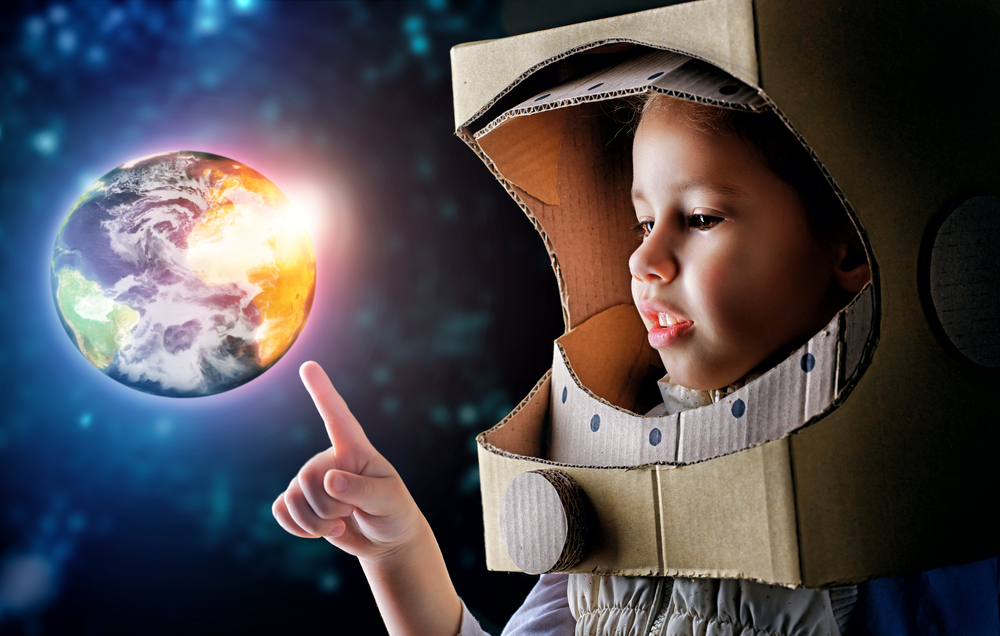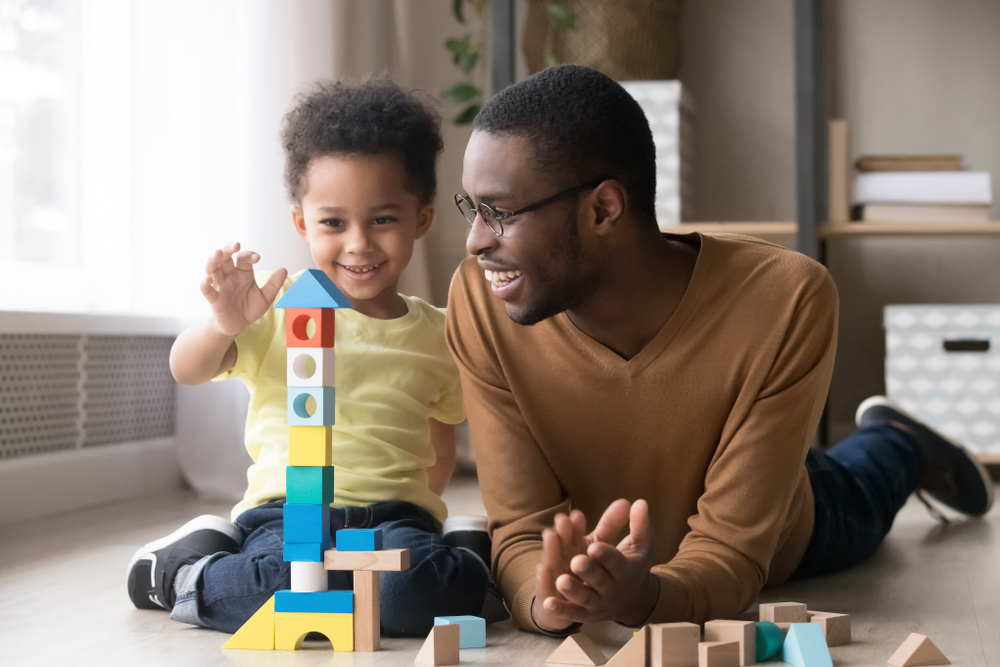Matching skills Normal Science Worksheets for 6-Year-Olds
3 filtered results
-
From - To
Enhance your child's learning experience with our "Matching Skills Normal Science Worksheets" designed specifically for 6-year-olds. These engaging worksheets promote vital matching skills while introducing young learners to essential scientific concepts through interactive activities. Children will enjoy matching pictures, words, and concepts, fostering their critical thinking and cognitive abilities. Each worksheet is crafted to be age-appropriate, ensuring it captivates young minds and enhances their understanding of basic science vocabulary. Ideal for homeschooling or classroom settings, these worksheets provide a fun way to develop matching skills while instilling a love for science. Download now to spark curiosity and learning in your child!
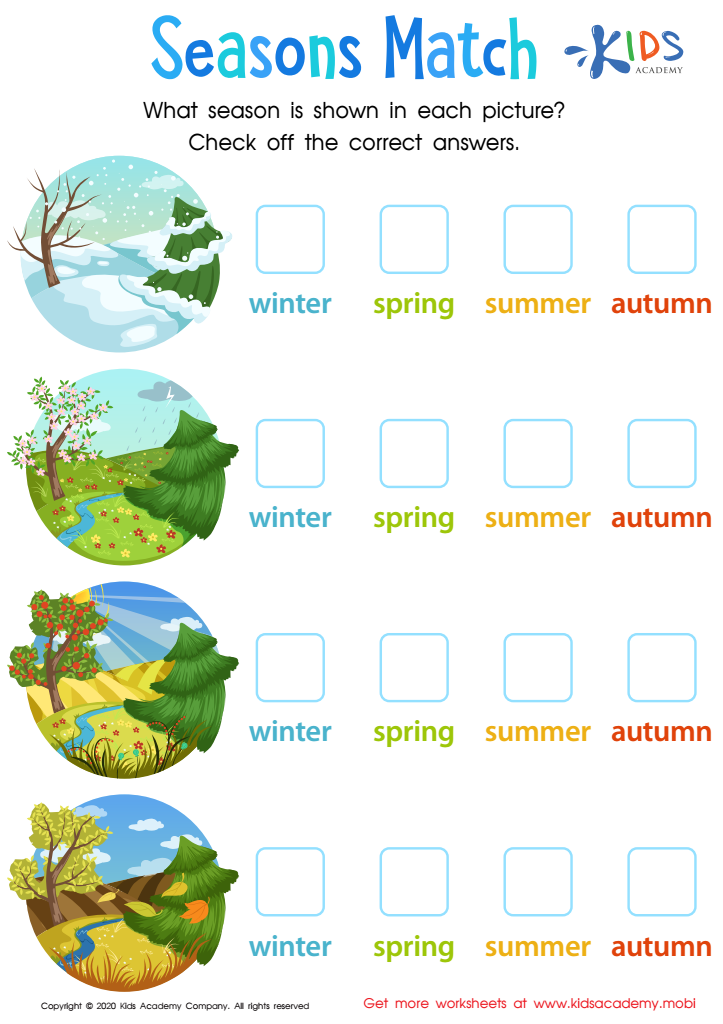

Seasons Match Worksheet
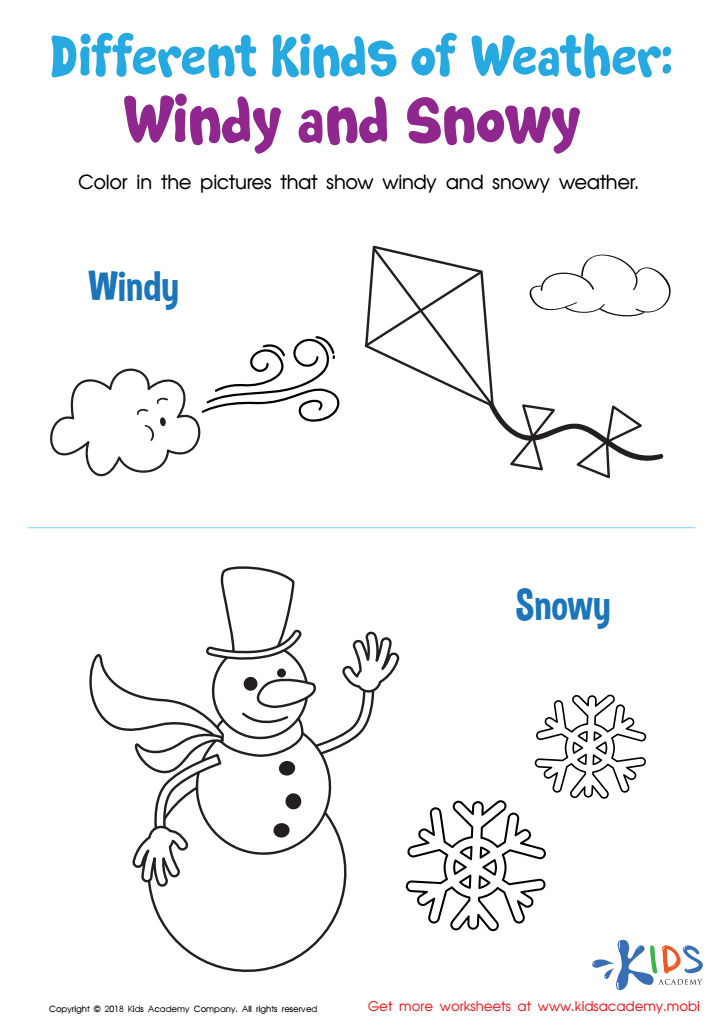

Different Kinds of Weather: Windy and Snowy Worksheet
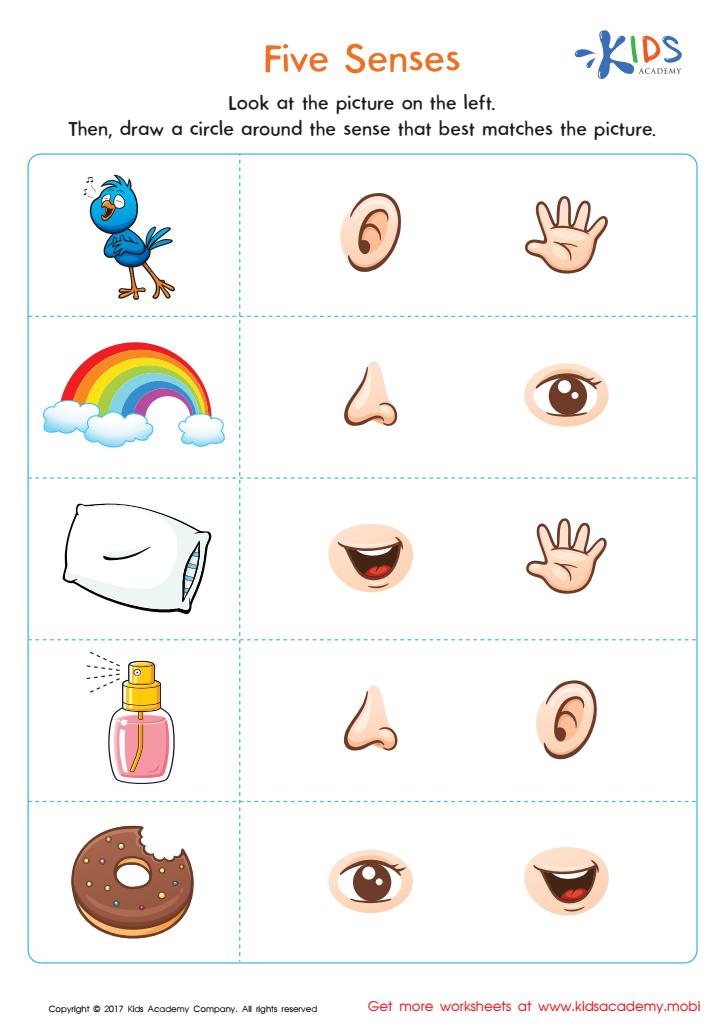

Five Senses Printable
Matching skills in the context of Normal Science are essential for 6-year-olds as they contribute significantly to cognitive development and early science education. At this age, children are exploring their world and making sense of their experiences, and matching skills help them understand relationships, categorize information, and develop critical thinking. When children engage in matching activities—such as pairing objects, identifying patterns, or classifying animals—they enhance their observational skills and draw connections between scientific concepts, such as similarities and differences in nature.
Moreover, fostering matching skills lays the groundwork for scientific inquiry. It encourages children to ask questions, hypothesize, and experiment as they explore different attributes and classifications. With strong matching skills, young learners become better problem-solvers and develop an early understanding of fundamental scientific principles.
Teachers and parents should prioritize these skills during both structured learning and play. Simple activities like sorting games, nature walks, or interactive games help reinforce matching while making learning enjoyable. By understanding and nurturing these skills, adults can support their children’s natural curiosity and build a strong foundation for future learning in science and beyond. Ultimately, promoting matching skills helps cultivate a generation of inquisitive and engaged learners.
 Assign to My Students
Assign to My Students





